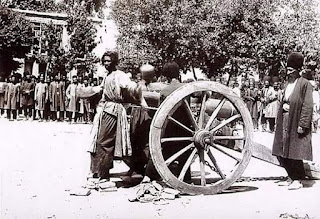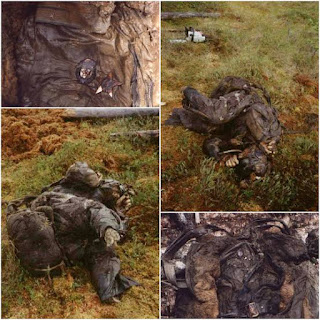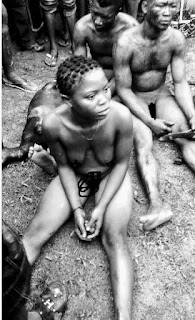Massacres of Poles in Volhynia and Eastern Galicia
Massacres of Poles in Volhynia and Eastern Galicia
The massacres of Poles in Volhynia and Eastern Galicia Volyn tragedy, were carried out in German-occupied Poland by the Ukrainian Insurgent Army, or the UPA, with the support of parts of the local Ukrainian population against the Polish minority in Volhynia, Eastern Galicia, parts of Polesia and Lublin region from 1943 to 1945.
The peak of the massacres took place in July and August 1943. Most of the victims were women and children. Many of the Polish victims regardless of age or gender were tortured before being killed; some of the methods included rape, dismemberment or immolation, among others.
The UPA's actions resulted in between 50,000 and 100,000 deaths
The ethnic cleansing was an Ukrainian attempt to prevent the post-war Polish state from asserting its sovereignty over Ukrainian-majority areas that had been part of the prewar Polish state.
The massacres led to a conflict between Polish resistance and Ukrainian insurgency in the German-occupied territories, with the Polish Home Army in Volhynia responding to the Ukrainian attacks, on a much smaller scale.
In 2008, the massacres which were committed by the Ukrainian nationalists against the Poles in Volhynia and Galicia were described by Poland's Institute of National Remembrance as bearing the distinct characteristics of a genocide, and on 22 July 2016, the Parliament of Poland passed a resolution recognizing the massacres as genocide.
This classification is disputed by Ukraine and some non-Polish historians. According to a 2016 article in Slavic Review, there is a "scholarly consensus that this was a case of ethnic cleansing as opposed to genocide".
Other victims of the massacres included several hundred Jews, Russians, Czechs, Georgians, and Ukrainians who were part of Polish families or opposed the UPA and sabotaged the massacres by hiding Polish escapees.
Some Ukrainian religious authorities, institutions and leaders protested against the slayings of Polish civilians but without achieving much.

.jpg)


.jpeg)




.jpeg)

Comments
Post a Comment